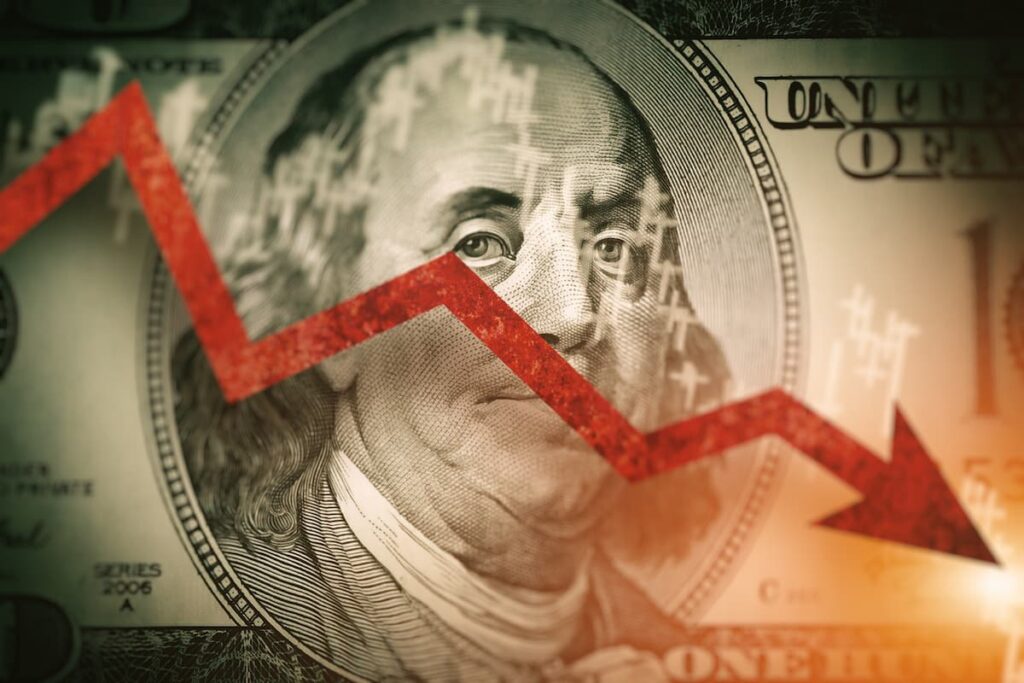Rising Cancellations and Slowing Sales
In Los Angeles, real estate agent Scott Price recently experienced a rare event: a client withdrew from a home purchase just two days before closing. Citing job security concerns, the buyer forfeited their 3% deposit — an increasingly common occurrence nationwide. According to Redfin data, between March 17 and April 13, more than 14% of US home purchase agreements were canceled, the highest rate for this period since the early months of the Covid-19 pandemic in 2020.
While some hoped 2025’s spring housing market would rebound after a sluggish 2024, mounting economic uncertainty has dashed expectations. Sales of previously owned homes, which dominate the market, fell 5.9% in March from the prior month, reaching their lowest March level since 2009, according to the National Association of Realtors. First-time buyers, in particular, are growing more hesitant, wary of unstable markets and unpredictable mortgage rates.
Impact of Stock Market Turmoil and Tariffs
The stock market’s steep declines — the Dow Jones Industrial Average dropped 9.1% in the first three weeks of April, its worst April performance since 1932 — have eroded buyers’ savings, making large purchases like homes riskier. Financial planners like Douglas Boneparth advise clients to delay major investments unless they have strong financial cushions, emphasizing the need for liquid savings rather than volatile stock-based assets when planning for a home purchase.
Adding to the headwinds, President Donald Trump’s newly announced tariffs have rattled financial markets and pushed the 10-year Treasury yield as high as 4.5%, leading to a significant spike in mortgage rates. For prospective buyers, especially those purchasing their first home, every fractional rise in mortgage rates further strains affordability. As Tacoma-based Realtor Maddy Mixter noted, even minor rate increases can have major impacts on budget-sensitive buyers.
Renovations Now Come With New Risks
Beyond affecting purchasing power, tariffs are also influencing buyer behavior toward fixer-upper properties. Higher costs for imported construction materials and appliances are making renovations a more expensive and risk-laden prospect. Realtor Matthew Bizzarro, who serves New York City and Westchester, observed growing reluctance among buyers who previously might have been eager to renovate.
Mixter echoed this sentiment, saying first-time buyers are now gravitating toward move-in-ready homes rather than properties requiring upgrades, a shift directly tied to fears over rising renovation costs. However, she noted an exception: older homeowners who recently sold off stock holdings amid market volatility are increasingly viewing real estate as a safer investment alternative.
Navigating a Cautious Market
Experts agree that caution is the prevailing mood among homebuyers this spring. Many are rethinking timelines, scaling down expectations, or delaying purchases altogether until economic signals stabilize. While some buyers still find opportunities in the current market, broader sentiment reflects concern about job security, savings depletion, and the rising costs associated with financing and maintaining a home.
As uncertainty persists, real estate professionals advise potential buyers to reassess financial plans carefully, ensuring short-term savings are accessible and sufficient to handle not only a down payment but also unforeseen costs in a shifting economic environment.


